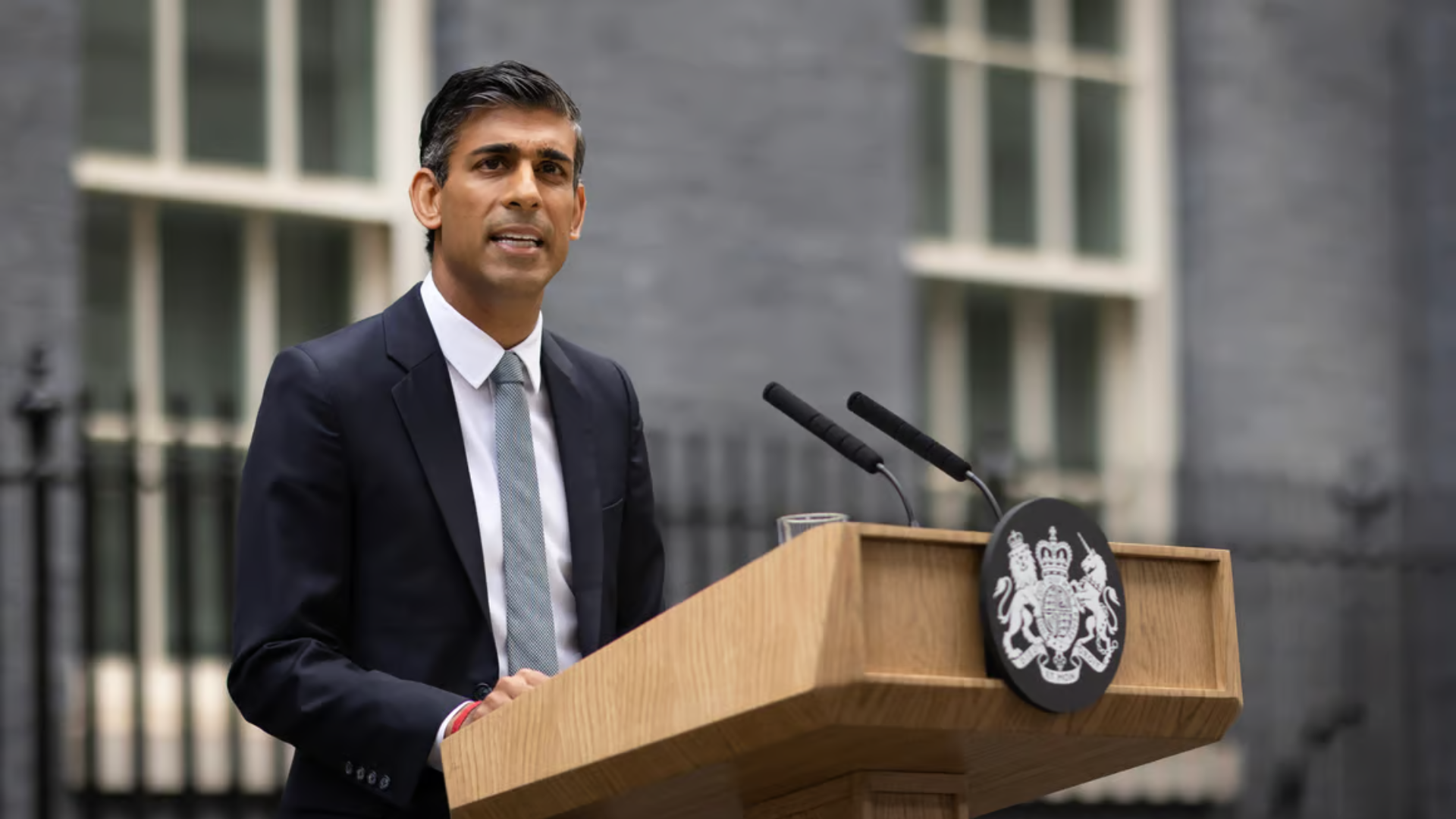After weeks of contentious debates and delays, the British government under Prime Minister Rishi Sunak has secured the passage of legislation allowing the deportation of asylum seekers to Rwanda. The move, aimed at curbing illegal immigration and deterring people-smuggling gangs, has sparked heated controversy due to concerns over human rights and the safety of the asylum seekers.
The Legislative Battle:
The House of Lords, long hesitant to support the divisive legislation without additional safeguards, eventually relented following intense pressure from the government. Prime Minister Sunak vowed to expedite the process, promising to start sending asylum seekers to Rwanda within 10 to 12 weeks.
Contentious Measures:
Under the new law, certain UK human rights statutes will not apply to the deportation scheme, and Rwanda must be recognized as a safe destination by British judges, overriding previous legal challenges. Critics argue that the legislation limits individuals’ options for appeal and raises concerns about Rwanda’s human rights record.
ALSO READ : Kim Jong Un Supervises Simulated ‘Nuclear Counterattack’ In North Korea
Opposition and Concerns:
Opponents of the plan, including some Labour lawmakers and rights groups, have raised objections regarding the treatment of Afghans who aided British troops and the lack of oversight in ensuring asylum seekers’ safety in Rwanda. They argue that the policy is inhumane and may expose individuals to danger by returning them to countries where they face persecution.
Implementation Challenges:
Despite parliamentary approval, Sunak’s government may face legal challenges from charities, rights groups, and the border force staff union. These challenges could delay or derail the deportation process, with critics urging the government to prioritize refugee welfare and explore alternative solutions.
Electoral Considerations:
Sunak’s push for the deportation scheme comes amidst electoral considerations, with polls indicating Conservative Party’s declining popularity and Labour’s pledge to scrap the policy if elected. The government hopes that delivering on its pre-election promise will appeal to voters concerned about immigration issues.
As the British government prepares to implement its deportation scheme, the debate over immigration policy and refugee rights continues to rage on. While proponents argue for tougher measures to deter illegal immigration, critics emphasize the importance of upholding human rights and providing refuge to those fleeing conflict and persecution. The outcome of legal challenges and public opinion will shape the future of asylum policy in the UK.























